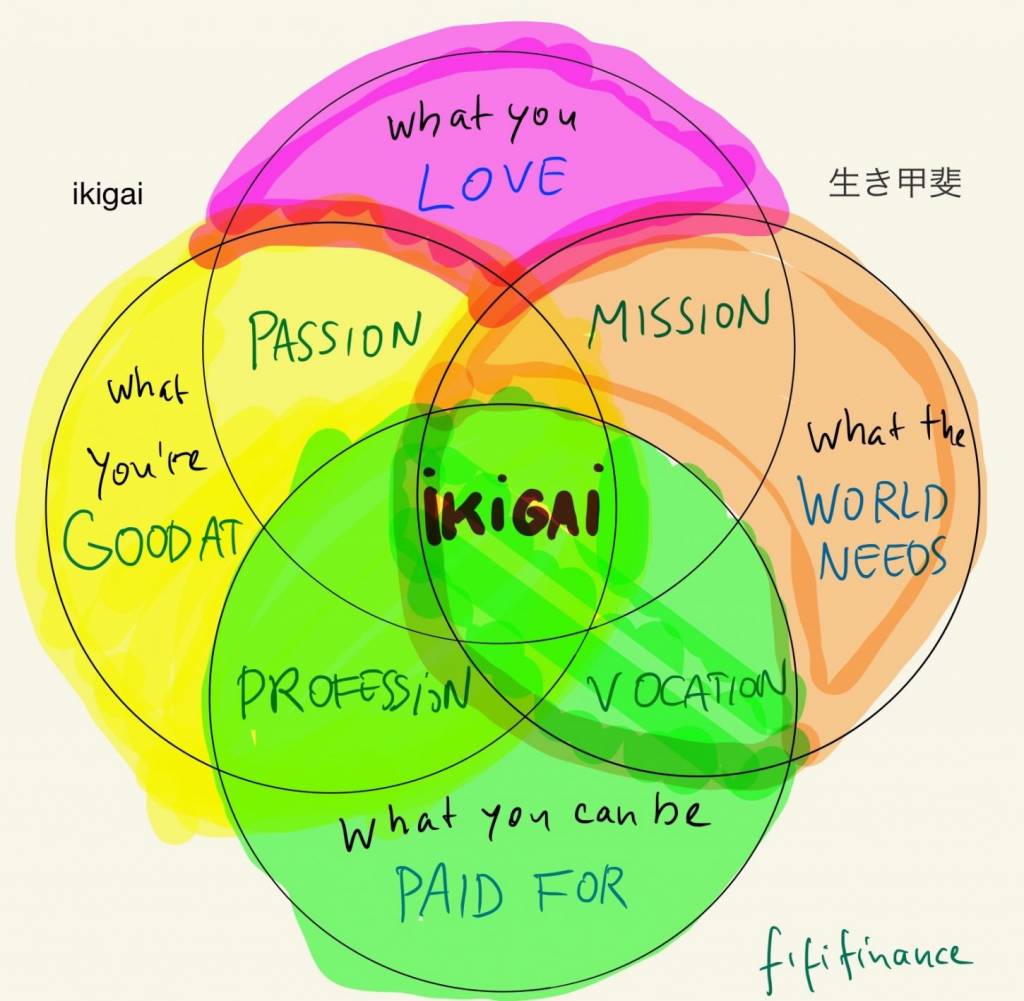FiFi Finance
FiFi Finance is made by finance geeks. We have a passion for everything financial, making us wanting to know every detail. We dedicate ourselves to know everything about personal and consumer finances, business finances and fintech. We are even taking a liking to tax.
In addition to finances, we love writing, research, design, structuring information, and to make complex information easy to understand for everyone. Our mission is to help to improve financial literacy, by making finance work for everyone.
Our Mission
The website FiFi Finance aims to improve financial literacy worldwide. We want to help people going forward with their financial lives by providing the best tools and financial information possible. For many people, it can be difficult to make sound financial decisions, especially if you’ve never received financial education. We would like to reach out to these people.
We do this with quality information about finances and by offering good comparisons between financial products, to both consumers and SME businesses, all over the world. Likewise, we want to help people to answer this question: How do I manage money and save up? Which loan provider is worthwhile, and what type of investment or bank account should I get or cancel, and why? Where can I get the right funding for my project, startup, or anything that’s important to me?
The mission of FiFi is: Improving financial literacy, by making finances work for everyone.
FiFi Africa
Where most financial websites focus on markets with lots of revenue potential, we actually want to take things to a different level and focus on growth markets such as Africa and Latin America. Especially in Africa, there is a lot of potential to reach out to people in their native language about finances and help them without with their financial problems.
This is why we started with our portal targeting people in countries such as Kenya, Zambia, Nigeria, and South Africa. We do this in English, Portuguese, and French, but we started as well in native languages such as Swahili and Amharic. These languages are spoken in different parts Africa. In addition to Swahili and Amharic, we also aim to provide quality information in other native languages such as Yoruba, Igbo, Zulu and Oromo.
Financial Topics
- Our focus is in the first place on conventional financial topics such as credit, bank accounts, insurance, and investments.
- We also want to go a step further and cover new topics like financial startups, p2p investing, and bitcoin.
- In addition, we also would like to go into topics such as alternative financing, gifting, economic development, universal health care and worldwide basic income.
What Problem Does FiFi Want to Solve?
We want FiFi to be more about needs of people than their wants or desires. To give an example: If someone wants to know “how to make money online”, we highlight those solutions that can actually make a difference to someone’s life. Solutions such as day-trading stocks, forex or ‘crypto-trading’, as well as poker, are not helpful if you would like to improve your life. We think that these ‘quick fixes’ in fact add stress, not any value.
The main point we make is that people can achieve stuff if they focus on solutions that can add value to their lives. This can include even relatively simple things such as article writing through Upwork or Fiverr, learning a new skill, starting a website, to become a consultant, invest wisely, explore independent entrepreneurship, and so on. We aim to highlight these solutions and give people new ideas and insights.

How is FiFi solving it?
We do what we’re good at; building visually a minimal but attractive website with information answering questions that people have. We have a couple of principles that guide us here:
- It is of utmost importance for us to help people find answers to financial questions they have.
- These answers have to be offered quick and honestly. It has to be factual and not misleading.
- We want to continually improve and test ourselves to become even better in what we do.
We live and work by the principles of Ikigai (生き甲斐, pronounced
ikiɡai). This is a Japanese concept that means “a reason for being.” The word “ikigai” is usually used to indicate the source of value in one’s life, or the things that make one’s life worthwhile. Each person ikigai is personal to them and specific to their lives, values, and beliefs. Activities that allow one to feel ikigai are never forced on an individual; they are often spontaneous, and always undertaken willingly, giving the individual satisfaction and a sense of meaning to life.

What stage is FiFi at?
We registered the domain name in March 2019. As of October 15, 2022 we almost have over 1000 articles in English, German, Dutch, Estonian, Spanish, French, Italian, Brazilian, Ukrainian, Swahili, and Amharic written by editors on 3 continents. We focus on content quality, selecting only the best authors with the right knowledge. Africa is the continent that we consider as having the most potential for growth: financially, intellectually, artistically and scientifically. The continent proving the greatest challenge, with the biggest potential reward.
This is why we are especially excited about building up FiFi Africa. We started with Swahili as our first African language, followed by Amharic. As part of this effort, we sponsored the translation of WordPress into Swahili. Our Swahili version is available under a Creative Commons licence for compatibility with Wikipedia. Moreover, we plan to start paying people to translate medical articles into Swahili, directly on Wikipedia. We are doing this because we want to instigate a movement to create content online in African languages, and we aim to launch in a dozen more African languages in the coming years.
Funding?
We are 100% self funded. Furthermore, we have built web properties in the past, through which we’ve built up reserves. Now we are using this reserve to build up FiFi Finance. With our focus on FiFi, we can quickly scale up our team.
Our Story
The two founders, Robin and Kasper, have known each other for more than 25 years now, and have cooperated on many projects. A lot of these projects were online, such as Wikipedia in the early days, and are based around themes such as personal finance, fintech, hospitality projects, freedom-respecting software, open publishing, social activism, and frugal lifestyles.
We almost always did all this without making any money, just because we like doing what we were doing. However, while having to sustain families, we also started to generate money by using little cracks in the systems we know so well. Still, we are very much driven by idealism, while working with what there is and doing what we love. In 2019, it was time for synthesis of all of this. And FiFi Finance is this project.
Our Team
We have built up our FiFi Finance Team with nearly 20 contributors ever since. We currently run with 6 editors who together can speak all languages and more. Furthermore, we all have a professional writing and editing background, profound financial knowledge, passion for research, and relevant university degrees. Moreover, we benefit greatly from the knowledge we share, and the ability to exchange information from different localities and countries.
In addition to the editorial team, we work with several more additional authors. The authors are carefully selected and help us with the initial authoring of articles. The editors further research the topics, make sure everything is up-to-date and well-structured, and make the information accessible for all our readers. Translators then help us to make this information available in more languages.
The company is located in Estonia, which is an admin haven, very low on bureaucracy and paperwork. We’re working from anywhere, and we’re targeting the entire world. One of the founders is currently residing in Amsterdam, the Netherlands, while the other is roaming around Europe with his family. The editors and authors are based in Europe and Africa mostly.
Would you like to join? Any questions?
We receive a lot of feedback from our visitors. Occasionally, it’s about a needed correction, but mostly it’s because readers want to thank us for the content offer. We also would to hear from you, whether it’s about a financial question that you have, something that you struggle with or simply because you would like to send us your thoughts. In all those cases, you can write to us.
This post is also available in am, de_DE, es_ES, et, fr_FR, it_IT, nl_NL, sw and uk.
